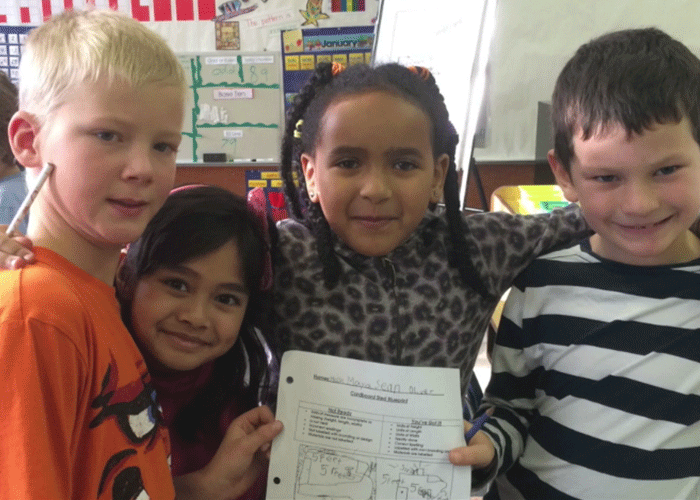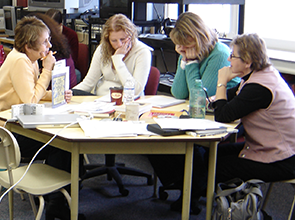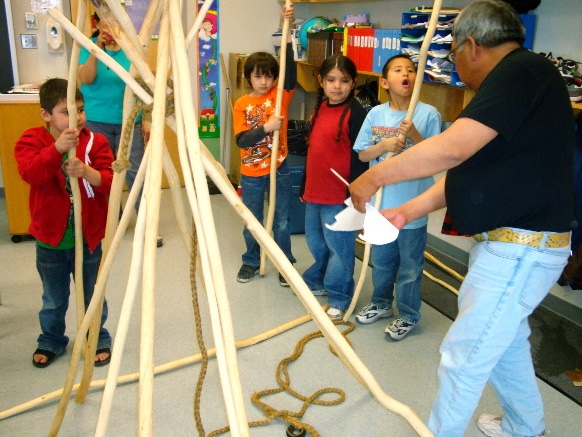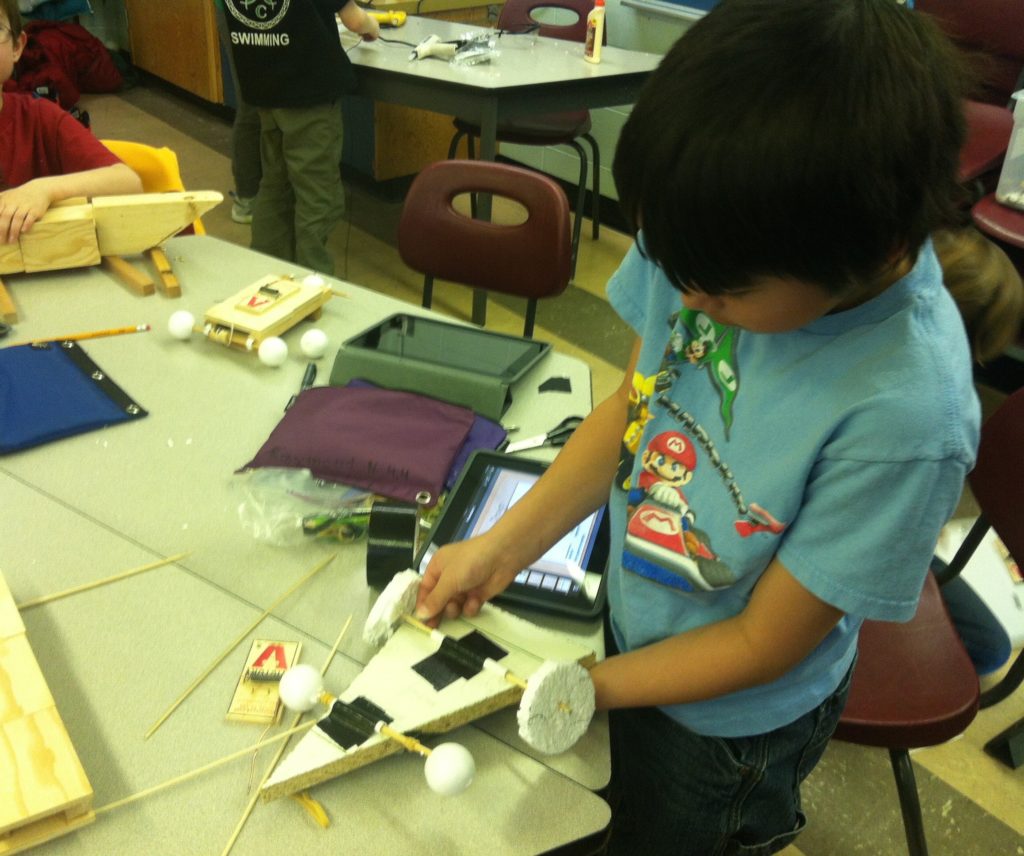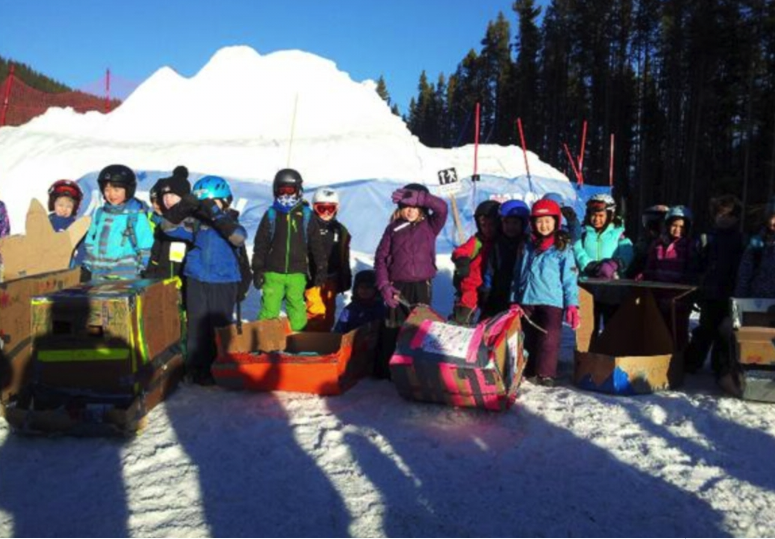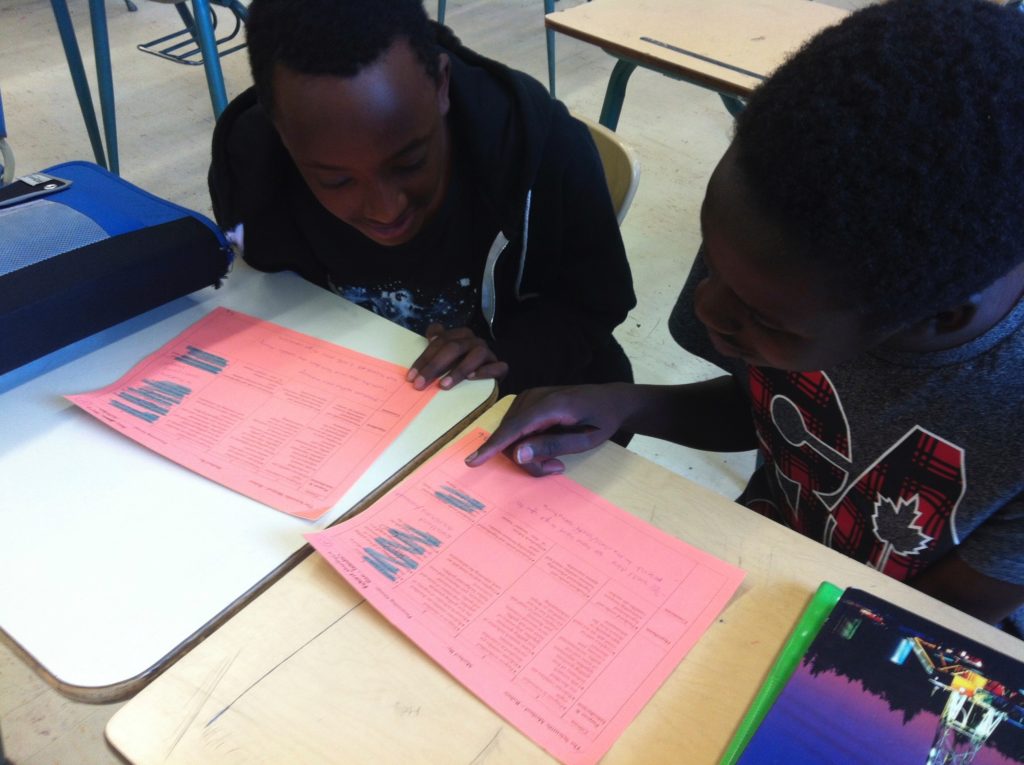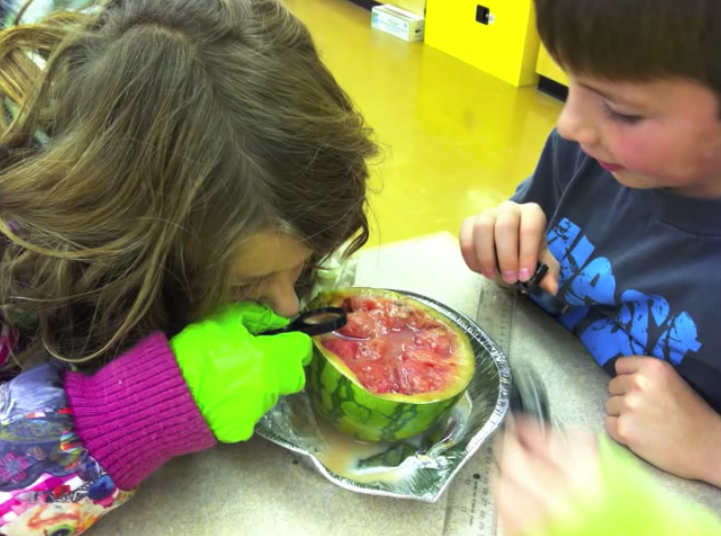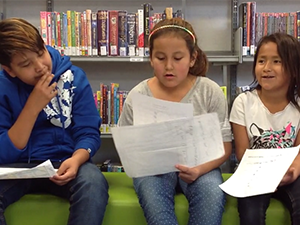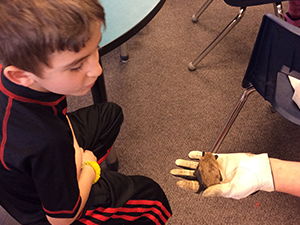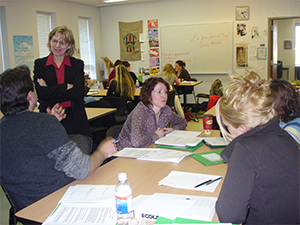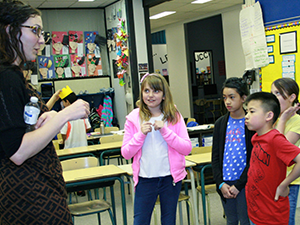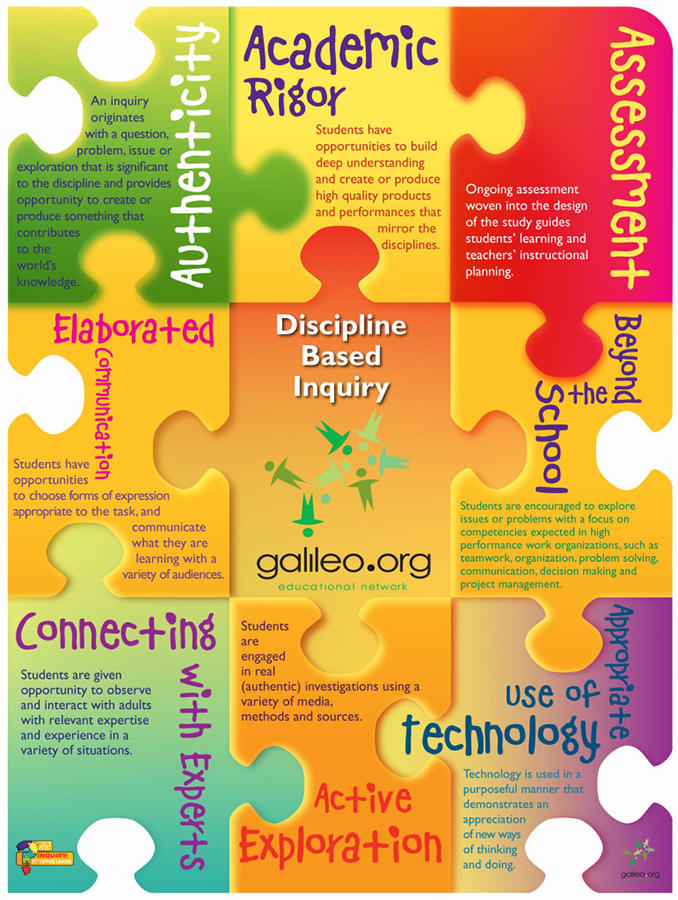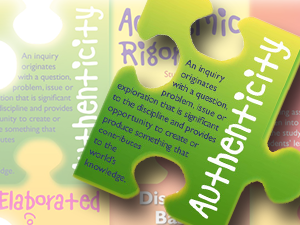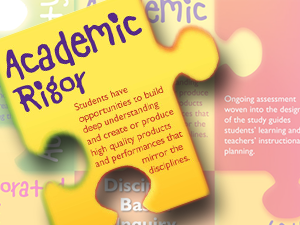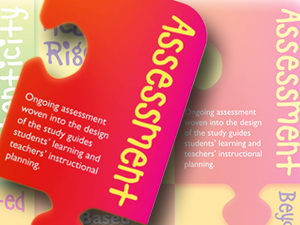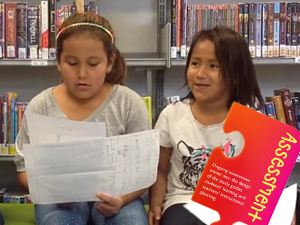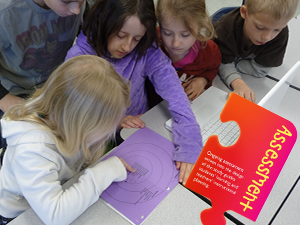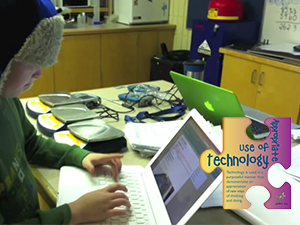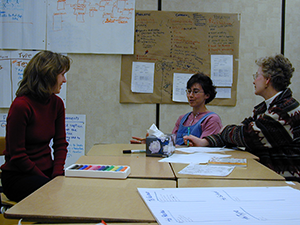Blog
Designing Great Tasks with a Focus on Inquiry
Galileo Educational Network May 4, 2016 Focus On Inquiry Research Series
Planning for student learning is essential for effective teaching.
For many educators, designing classroom tasks that are not only interesting, but also intellectually challenging and authentic to disciplinary ways of knowing is a challenge.
- It should be recognizable to someone who has expertise in the field. The point of access you create in the task doesn’t ‘dumb down’ the subject or discipline. Great tasks create opportunities to encounter the real dilemmas, struggles and problems that characterize the subject.
- In a great task, students are designers and builders who confront and try to real ideas, authentic problems. Authentic problems arise from efforts to understand the world and the ways in which the world works.
- A strong task is one that allows students to have a genuine voice in what the next steps will be. In a weak task, the next steps are

Galileo Educational Network research team and mentors worked side by side with classroom teachers during the Focus on Inquiry research project. By the end of the study, teachers developed a thorough understanding of how to design tasks that were authentic to the discipline, situated in the world, of interest to the students, and sponsored ways of knowing, doing and being in the world. In this week’s blog, we’ll start by talking about what makes a great task.
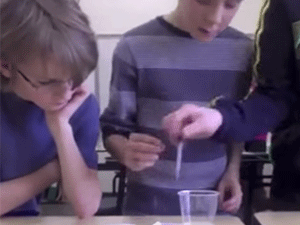
predetermined either by teachers (workbooks), or by a computer program (computer assisted instruction). In a great task the discoveries each student makes individually and as part of a team actually determine what they have to do next.Great tasks develop strong habits of mind that promote questions of evidence (asking how we know what we know), searching for connections and patterns, supposition, and finally, determining why the topic of study matters. Through technology, great tasks permit learners to explore complex and changing relationships between variables, bring multiple perspectives to bear, and publish their work to contribute to the knowledge of the world.

A good task is hard fun: Enjoyable to tackle, and meaningful. It’s easy to assume a task should be easy enough for students to complete without struggle along the way. In a good task, encountering difficulties is part of the learning – they mark genuine encounters with the heart of the subject. The point is not to avoid those places, but to guide students as they proceed. Their struggles will give a strong idea of where teaching needs to come, just in time for it to be meaningful and useful.
Read more about task design and inquiry-based learning in the Focus on Inquiry digital resource.

